How to Choose the Right Keywords for High-Impact Ads
- Chase McGowan

- Aug 30, 2025
- 13 min read
Picking the right keywords for your ads isn't about chasing the biggest search volumes. It’s about getting inside a potential customer's head, understanding why they're searching, and matching your ad to their exact problem.
This single shift in thinking is the difference between a profitable ad account and a money pit.
Why Your Keywords Are Wasting Your Ad Spend
Let's be real: most businesses are bleeding cash on Google Ads because their keyword strategy is completely backward. It's an easy trap to fall into, especially when you're working with a bloated agency that’s more focused on vanity metrics than your bottom line.

These agencies love to build campaigns around generic, high-volume keywords. Why? Because a term like "marketing services" looks impressive on a monthly report when it pulls in thousands of impressions. The problem is, these clicks almost never convert. They lack specific intent, which means you’re just paying for unqualified traffic.
This is the one-size-fits-all template approach. It’s built for agency efficiency, not your profitability.
The Consultant-Led Advantage
An expert consultant operates from a totally different playbook. My entire philosophy is built on surgical precision and a ruthless focus on ROI. I couldn't care less about impressing you with big, flashy numbers. I care about finding the handful of people who are actively looking to buy what you sell.
This requires a hands-on, specialized approach that a layered agency just can’t replicate.
The heart of a great campaign isn't just knowing what people search for, but understanding why. That insight is what turns a simple keyword into a direct line to a paying customer.
Instead of chasing broad, expensive terms, a specialist zeros in on what actually moves the needle:
Customer Intent: We dig deep to find the keywords that signal someone is ready to pull out their credit card or request a demo, not just browse for information.
Profitability: Every single keyword is weighed against its potential to generate a positive return. We start small, prove what works, and only then do we scale.
Strategic Nuance: The digital ad space is a battlefield. The global SEO industry hit $82.3 billion in 2023, and with a staggering 94% of web pages getting zero organic traffic, you can't afford to be sloppy. We analyze intent data—where 52.65% of searches are just informational—to filter out the noise and laser-focus on the small fraction of valuable commercial queries. Explore more SEO statistics to see just how critical this precision is.
This guide is designed to get you out of the agency-template mindset. It’s about teaching you how to choose keywords with the focused, results-obsessed approach of a true specialist.
Building Your Foundational Keyword List
This is where the real work begins. It’s the detailed, human-first process that separates a profitable ad account from one that just burns cash. Too many agencies treat keyword research like a simple data pull—they run a tool, export a CSV, and call it a day. As a specialist, I see it as the absolute foundation of your success. It requires a level of nuance that automation just can't touch.
The goal isn't just to find keywords; it's to get inside your customer's head. We need to map their entire journey, from the first inkling of a problem to the moment they’re ready to pull out their credit card. That means thinking like them and, more importantly, using the exact language they use.
Start with Your Customer, Not a Tool
Before you even think about opening a keyword research tool, you need to build a "seed list." This is a raw, brainstormed collection of terms that comes directly from the most important source: your business and your customers. Big agencies often skip this qualitative step because it doesn't scale. For an expert, it's non-negotiable.
Your initial list should be grounded in reality:
Your Core Services: List every single thing you sell. A roofer shouldn't just list "roofing." They need to get specific: "emergency roof leak repair," "metal roof installation," and "asphalt shingle replacement." The more granular, the better.
Customer Language: How do your actual customers talk about what you do? Do they say "my AC is broken" or "air conditioner maintenance"? Dig through your emails, listen to call recordings, and read your reviews to find their exact phrasing.
Competitor Terms: Check out the ads and landing pages of your direct competitors. What language are they using? This gives you a quick baseline for the terms that are already working in your industry.
A keyword list built only from software is a list without a soul. It lacks the context, pain points, and real-world language that drive genuine conversions. Starting with a human perspective is the only way to build a campaign that truly connects with people.
Map Keywords to the Buyer's Journey
Once you have that seed list, the next step is to add a strategic layer that most agencies overlook in their rush to just start bidding. You need to categorize these terms by where they fall in the customer journey. Thinking this way forces you to understand the intent behind every single search.
For instance, I once took over an account for a client selling high-end home security systems. The agency they fired had been pouring thousands into the broad keyword "home security systems." The traffic was huge, but sales were practically non-existent.
We completely shifted the focus from the product to the problem. After talking to their customers, we found out the real trigger for a search was often a recent local break-in. So, we started targeting problem-focused, high-intent keywords like:
"how to prevent home invasion"
"local crime statistics [neighborhood]"
"best security camera for front door"
By matching our keywords to the customer's initial fear and research phase, we more than doubled their conversion rate while cutting ad spend by 30%. That’s the power of a human-centric approach that an automated agency process will always miss. Building a robust keyword list is a foundational step, and you can explore more expert tips for SEO success in our detailed guide.
Find Hidden Gems with Long-Tail Keywords
High-volume, generic keywords are the siren song of pay-per-click advertising. They promise a flood of traffic, but they often lead your budget straight onto the rocks of expensive, low-converting clicks.
This is a classic trap that bloated, oversized agencies fall into. Why? Because chasing vanity metrics like impressions is easier than doing the detailed work required to actually make a profit. As a specialized consultant, my focus is different. We hunt for the real gold: the long-tail.
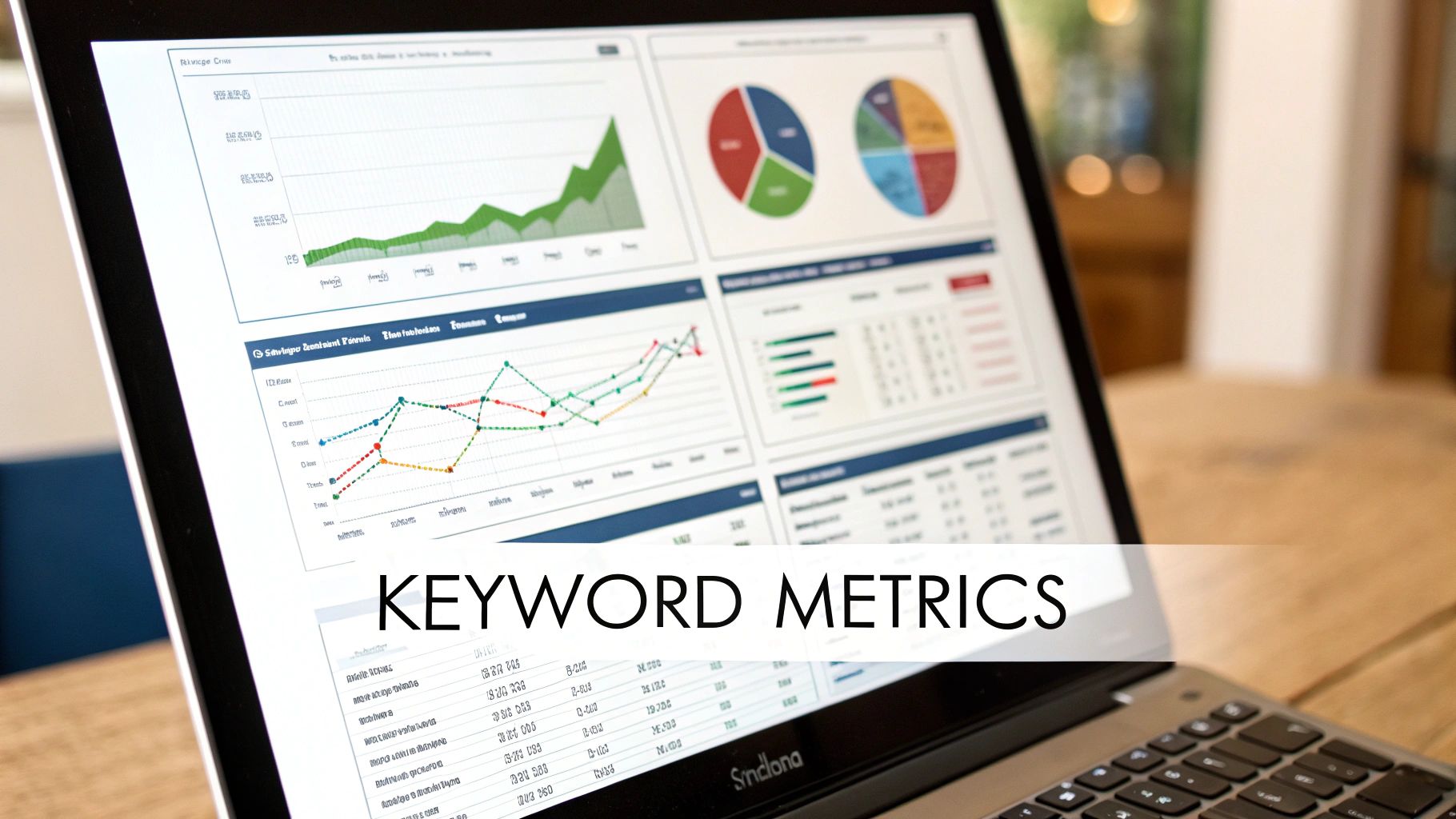
Long-tail keywords are just super-specific, multi-word phrases that signal much stronger purchase intent.
Think about the difference in mindset here. Someone searching "shoes" is just browsing. But someone searching "men's waterproof trail running shoes size 11" knows exactly what they want and is probably ready to buy.
This is where a hands-on expert provides immense value over a large agency. An agency's automated process often defaults to broad match keywords to quickly generate "data," burning through your budget on completely irrelevant searches. My approach is the opposite. We start with precision to find the customers who are already looking for you.
Uncovering High-Intent Phrases
So, how do you find these valuable long-tail queries? It's about thinking less like a marketer and more like your most qualified customer. You have to tap into the natural language they use when they're serious about solving a problem.
Here are a few practical methods I use that go way beyond basic keyword tools:
Google's "People Also Ask" (PAA): This is an absolute goldmine. Search for one of your primary services and scroll down to the PAA box. You'll see the exact questions real people are asking.
AnswerThePublic: This tool is great for visualizing search queries around a keyword. It breaks them down into questions, prepositions, and comparisons—perfect for uncovering long-tail variations you hadn't considered.
Your Own Website Search Data: Does your site have a search bar? If so, you need to be analyzing what visitors are typing into it. These are often direct, unfiltered long-tail keywords that show you what your audience can't easily find on your site.
By focusing on the hyper-specific queries your ideal customers are typing into the search bar, you sidestep the expensive bidding wars on generic terms and connect directly with high-quality, purchase-ready leads. This is the core of efficient ad spend.
The Power of Niche Targeting
The sheer volume of these specific searches is staggering. Data shows that approximately 95% of all keywords get 10 or fewer searches per month, and these long-tail terms make up about 70% of all search traffic.
This shows that the vast majority of search is incredibly niche. For a small or medium-sized business, this is a massive opportunity. The lower competition makes it far easier and cheaper to secure top ad positions and improve your click-through rates. You can discover more powerful insights about SEO statistics and see for yourself why this strategy is so effective.
Ultimately, choosing the right keywords is about strategy, not just volume. By focusing on long-tail keywords, you can compete effectively without a massive budget, dramatically improve your lead quality, and achieve a level of ad spend efficiency that large, impersonal agencies simply can't deliver.
Analyzing and Prioritizing Your Keywords
Alright, you’ve got a massive list of potential keywords. Good start. But honestly, this is the exact moment where most PPC campaigns completely fall apart.
This is also where a seasoned, hands-on expert provides value that a big, process-driven agency just can't touch. Those bloated agencies? They typically just dump your list into some software, sort by search volume, and call it a strategy. It's generic, lazy, and ignores the unique pulse of your business.
My approach is the polar opposite. I treat keyword analysis like a strategic deep dive, not a data-entry chore. A keyword's real value isn't just a number in a spreadsheet; it’s a direct reflection of a real person's need, their budget, and how ready they are to pull out their credit card. This careful, manual analysis is what separates a profitable campaign from one that just burns cash.
The Three Pillars of Keyword Evaluation
To turn that raw list into a lean, strategic portfolio, I run every single keyword through a three-part evaluation. This framework is designed to make sure we're not just chasing clicks, but attracting actual, paying customers. It’s a level of detail that larger agencies, who are more focused on scaling their own operations, rarely have the time or incentive to do for any single client.
This simple flow is at the core of my analysis process.
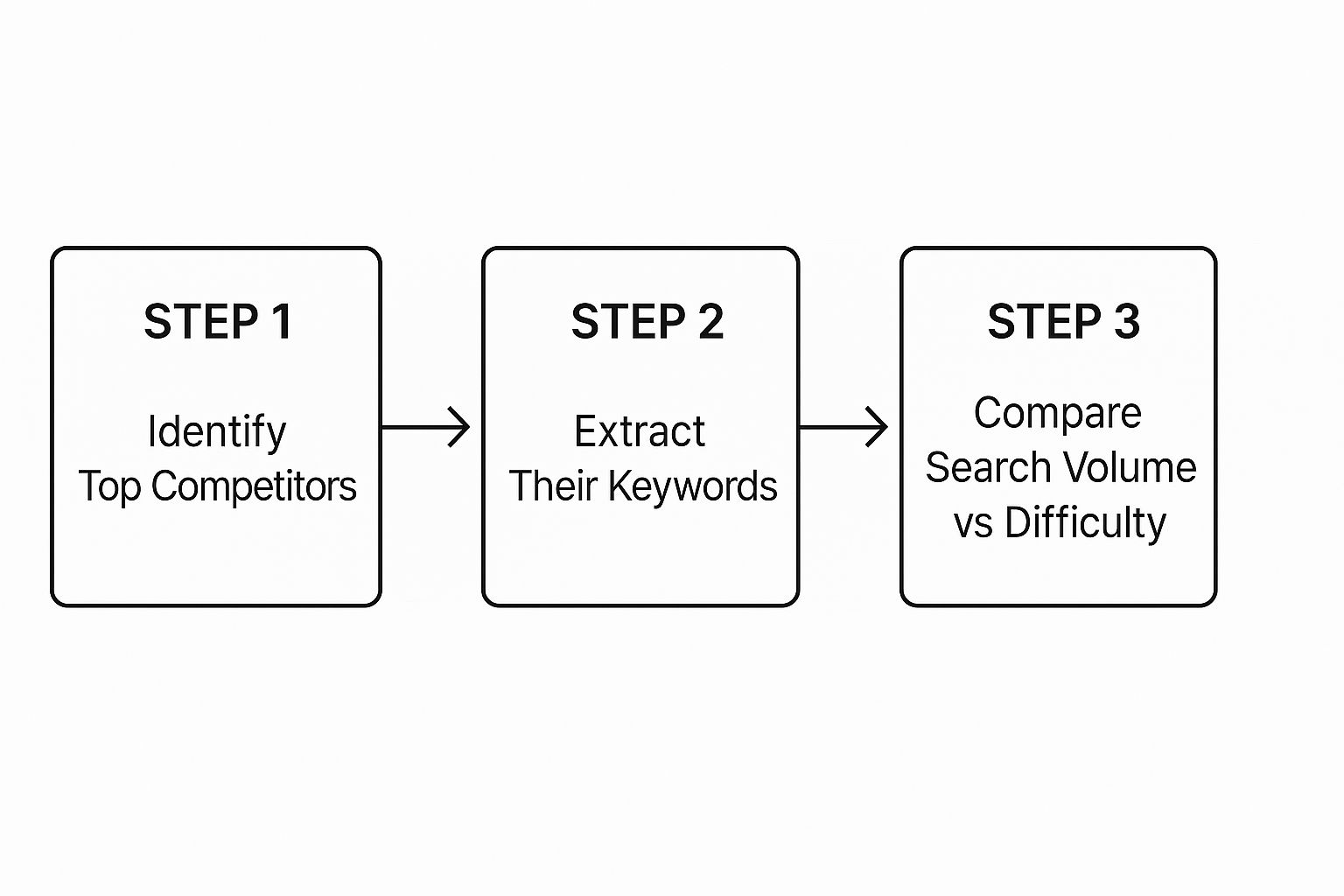
This helps us find that sweet spot where the opportunity is high and the competition is manageable—a critical insight for getting the most out of your budget.
Here’s exactly what I’m looking for:
Relevance: How perfectly does this keyword match the specific service or product you sell? A high relevance score means the searcher's intent is precisely aligned with your offer, which almost always leads to better conversion rates.
Commercial Intent: Is the searcher just trying to learn something, or are they looking to buy? Keywords with terms like "buy," "service," "pricing," or "near me" are infinitely more valuable than informational queries like "how to" or "what is."
Competition: What’s the estimated cost-per-click (CPC), and who are we up against? A high CPC isn't always a deal-breaker if the commercial intent is through the roof, but we have to weigh that cost against the potential return.
An agency might see a keyword with 10,000 monthly searches and a low CPC and think they’ve struck gold. I see a potential budget-drainer. My first question is always: "What kind of person is searching for this, and are they actually looking to spend money?" This kind of critical thinking is the essence of a consultant-led approach.
Making Data-Driven Decisions
With this framework, we can finally start prioritizing. Forget about blindly chasing high search volume. A keyword with only 50 searches a month but sky-high commercial intent and relevance is far more valuable than a generic term with 5,000 searches that attracts nothing but window shoppers.
To make this tangible, I use a simple scoring system to grade each potential keyword. This moves the process from guesswork to a clear, data-backed decision.
Keyword Evaluation Framework
Keyword | Search Volume | Estimated CPC | Commercial Intent (Low/Med/High) | Relevance Score (1-10) | Priority |
|---|---|---|---|---|---|
emergency plumber miami | 320 | $45.50 | High | 10 | High |
best local plumbing service | 150 | $38.00 | High | 9 | High |
fix leaky faucet cost | 880 | $15.20 | Medium | 7 | Medium |
how to unclog a drain | 12,100 | $2.10 | Low | 3 | Low |
plumbing companies | 5,400 | $25.00 | Medium | 5 | Low |
This table immediately clarifies why "how to unclog a drain" is a low-priority target for a plumber, despite its massive search volume. It attracts the wrong audience. Meanwhile, "emergency plumber miami" is a money-maker, even with fewer searches and a higher CPC.
This is where the real strategy kicks in. We build a tightly focused list of high-priority keywords that we can actually win on, ensuring every single dollar of your ad spend is working as hard as it possibly can. This analytical precision is key, and you can learn more about how to [improve Google Ads performance and ROI](https://www.cometogether.media/single-post/improve-google-ads-performance-and-roi) in our detailed guide.
Ultimately, it’s this careful, strategic prioritization that allows a specialized consultant to outperform a large agency every single time.
The Art of Negative Keywords: Your #1 Defense Against Wasted Ad Spend
Picking the right keywords is only half the battle. Seriously.
The other half—the part most people skip—is telling Google which keywords are dead wrong for your business. This is where an expert’s touch makes a huge difference, and it’s a detail that big, set-it-and-forget-it agencies almost always overlook. Why? Because it takes consistent, hands-on work.
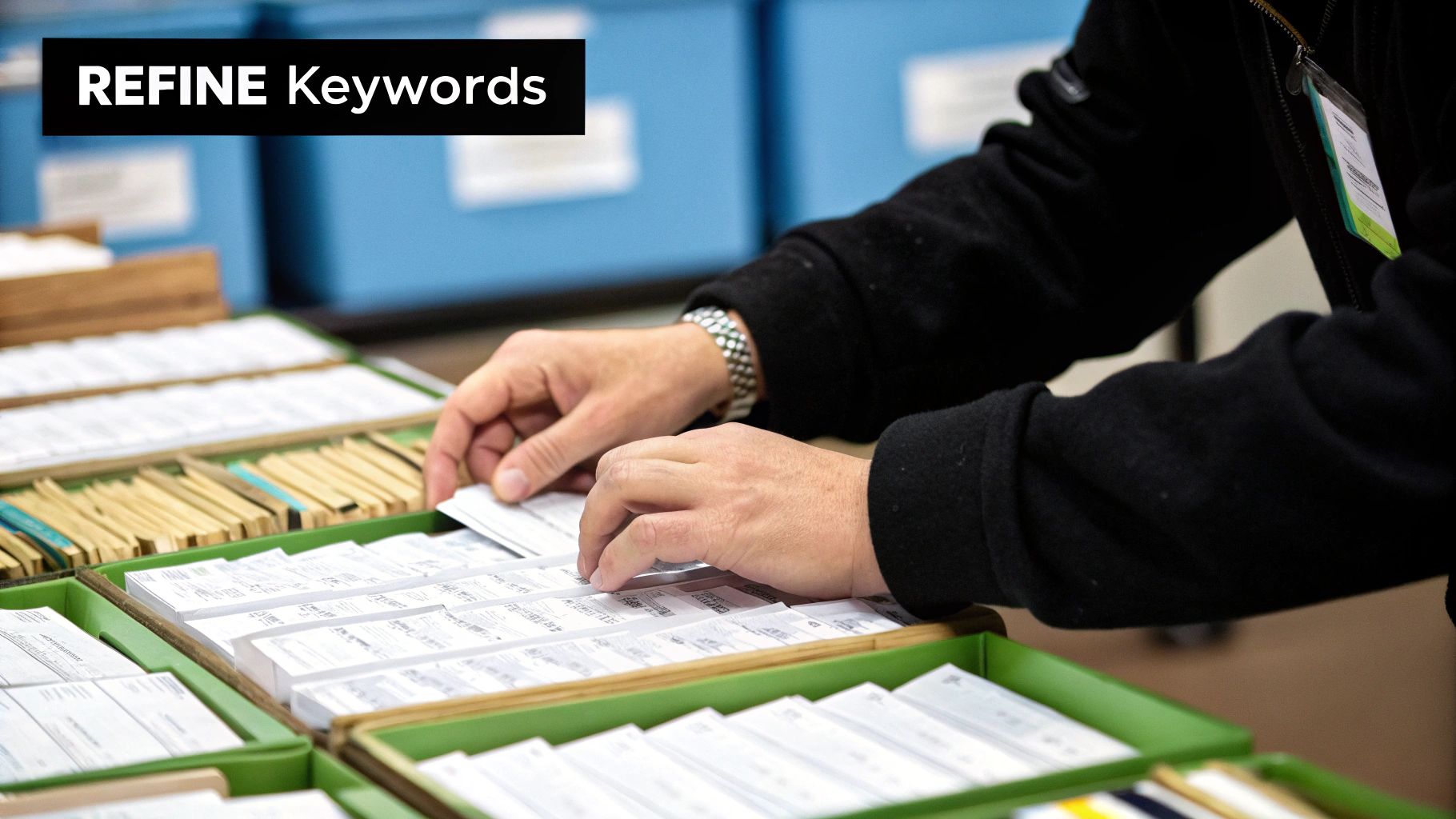
Think of your negative keyword list as your campaign's first line of defense against burning cash. It’s a filter that stops your ads from showing up for searches that sound right but are completely irrelevant. This isn't just about reacting to bad clicks; it's about anticipating them.
Why Big Agencies Drop the Ball on This
For a large agency juggling dozens of accounts, building and maintaining a detailed negative keyword list just isn’t in their business model. It's too time-consuming. They rely on automation and scale, not meticulous, account-by-account management. The result? Thousands of dollars are wasted on clicks from people who were never going to buy from you.
An independent consultant, on the other hand, knows this is where the biggest savings are found. We live in the search query reports, hunting down wasteful terms every single week and adding them to the negative list.
A strong negative keyword strategy is the single most effective way to improve lead quality and stretch your ad budget. It’s the difference between paying for interested buyers and paying for accidental clicks.
From Proactive Lists to Search Query Mining
Building this list is a two-part process. First comes the proactive, common-sense stuff based on experience. If you’re a high-end service provider, for example, terms like "free," "cheap," and "DIY" should be on your negative list from day one.
You’ll want to block clicks from:
Job Seekers: Add terms like "jobs," "hiring," and "careers."
Information Gatherers: Exclude "tutorial," "how to," and "examples."
The Wrong Audience: If you sell "commercial cleaning services," you’d add "residential" as a negative immediately.
The second part is where the real magic happens. By digging into your Search Query Report, I can see the exact phrases people typed right before they clicked your ad. This is where the gold is. You find all the weird, unpredictable ways people search for things.
The keyword game is always changing. In 2024, data shows that a staggering 58% of U.S. Google searches resulted in zero clicks, making every single paid click more precious than ever. Your keyword strategy has to be about attracting real engagement, not just showing up. You can learn more about the latest Google keyword statistics to see how the landscape is shifting.
This relentless refinement turns a leaky ad account into a finely tuned lead generation machine—a level of detail you’ll simply never get from a faceless agency.
Expert Answers to Your Keyword Questions
You have the frameworks. You have the strategy. Now, let’s get into the real-world questions I hear all the time from clients who are sick of the vague, one-size-fits-all answers they get from bloated agencies.
Real strategy demands direct, nuanced answers—not templated fluff. As a consultant, my job is to give you the unvarnished truth about what actually works. Here are the straightforward answers to the questions that matter most when you're in the trenches choosing keywords.
How Often Should I Review My Keyword List?
This is absolutely not a "set it and forget it" task. That’s a massive—and costly—mistake I see agencies make all the time. A hands-on approach is non-negotiable if you want sustained results.
I recommend a monthly deep-dive into your search query reports. This is where the gold is. You'll spot new negative keywords to block and uncover those emerging long-tail phrases that are quietly converting.
Then, every quarter, you should be doing a more thorough, strategic review of your entire keyword portfolio. Market trends shift, competitors change tactics, and your strategy has to be agile enough to keep up. An independent consultant has the flexibility to do these essential check-ins; an agency might only glance at your account a couple of times a year, leaving a ton of money on the table.
Should I Bid On My Own Brand Name?
The short answer is an emphatic yes. I get a lot of hesitation on this one, but it’s a critical defensive strategy you can't afford to skip.
Bidding on your brand name gives you complete control over the messaging for your most valuable searchers—the people who are already looking for you. More importantly, it acts as a digital bodyguard. It protects you from competitors who will absolutely bid on your name to siphon off your hard-earned customers.
I’ve seen clients lose significant, high-intent traffic to savvy competitors before implementing this simple, highly cost-effective tactic. It's about owning your space on the search results page.
What Is a Good Starting Budget for Google Ads?
There’s no magic number here, and anyone who tells you otherwise is selling something. The best way to think about your initial budget is as an investment in data. For the first one to two months, your goal is to learn.
A budget of $1,000 to $3,000 per month is often a solid starting point for a small business. That’s usually enough to gather sufficient click and conversion data to start making intelligent, informed decisions about what's actually working.
An expert consultant makes that initial budget work much harder from day one. We do this by focusing on hyper-targeted, lower-cost keywords first—a nuanced strategy that agencies chasing high-volume metrics often ignore. This data-first approach is key to understanding what’s really happening, a topic I cover in this [consultant's guide to ad performance metrics](https://www.cometogether.media/single-post/a-consultant-s-guide-to-ad-performance-metrics).
Is Broad Match or Exact Match Better?
If you want to maximize ROI and maintain tight control over your ad spend, you should almost always start with phrase match and exact match keywords.
These match types give you significant control over which search queries trigger your ads. This ensures your budget is spent on highly relevant traffic, not just random clicks.
Broad match can be a total budget-killer. Without an extensive and constantly updated negative keyword list, it will rapidly burn through your money on completely irrelevant searches. A hands-on consultant will carefully test and manage these match types. In contrast, a big agency might just default to broad match to quickly generate impressive-looking impression and click numbers, regardless of their quality or impact on your bottom line.






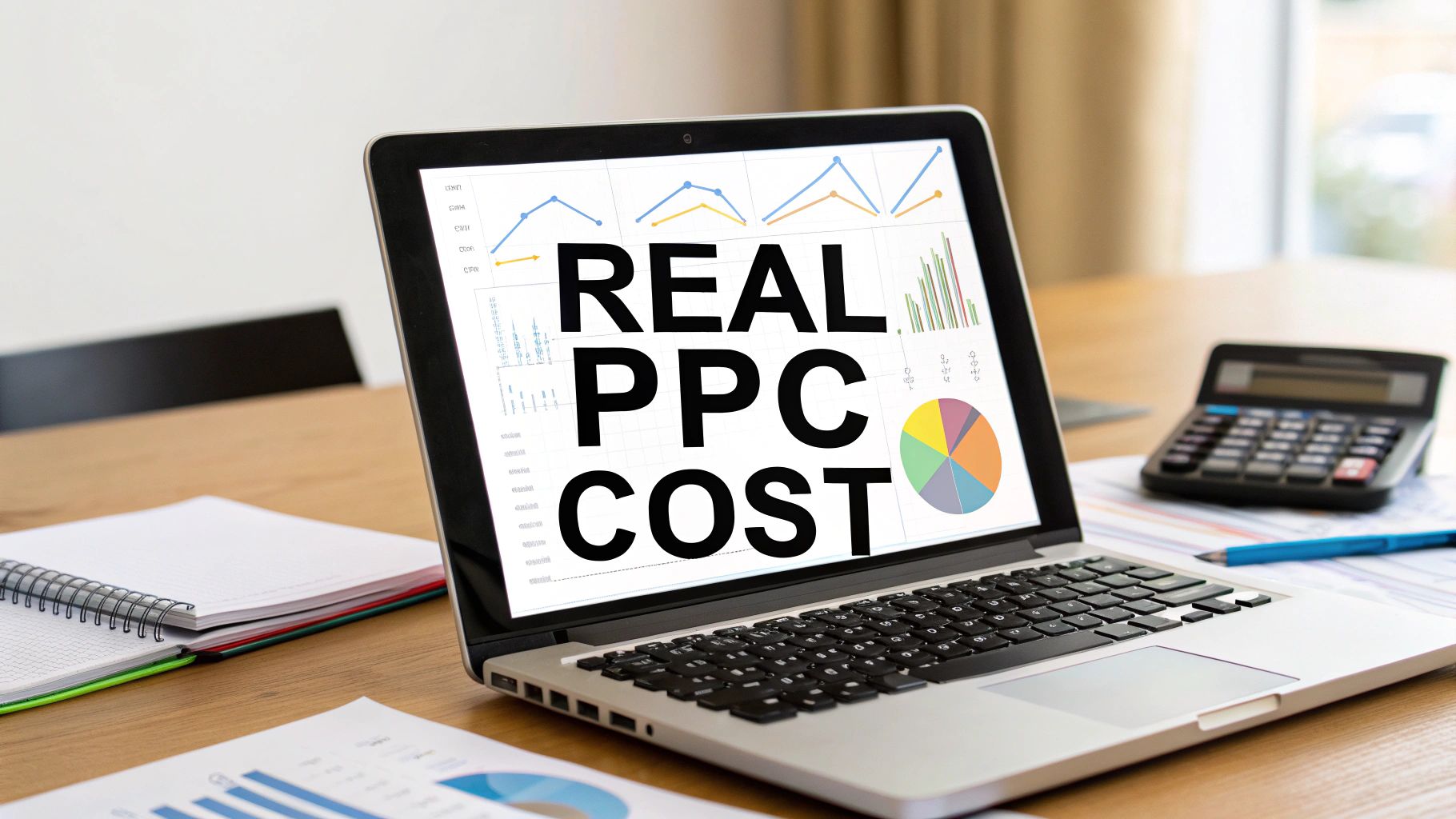
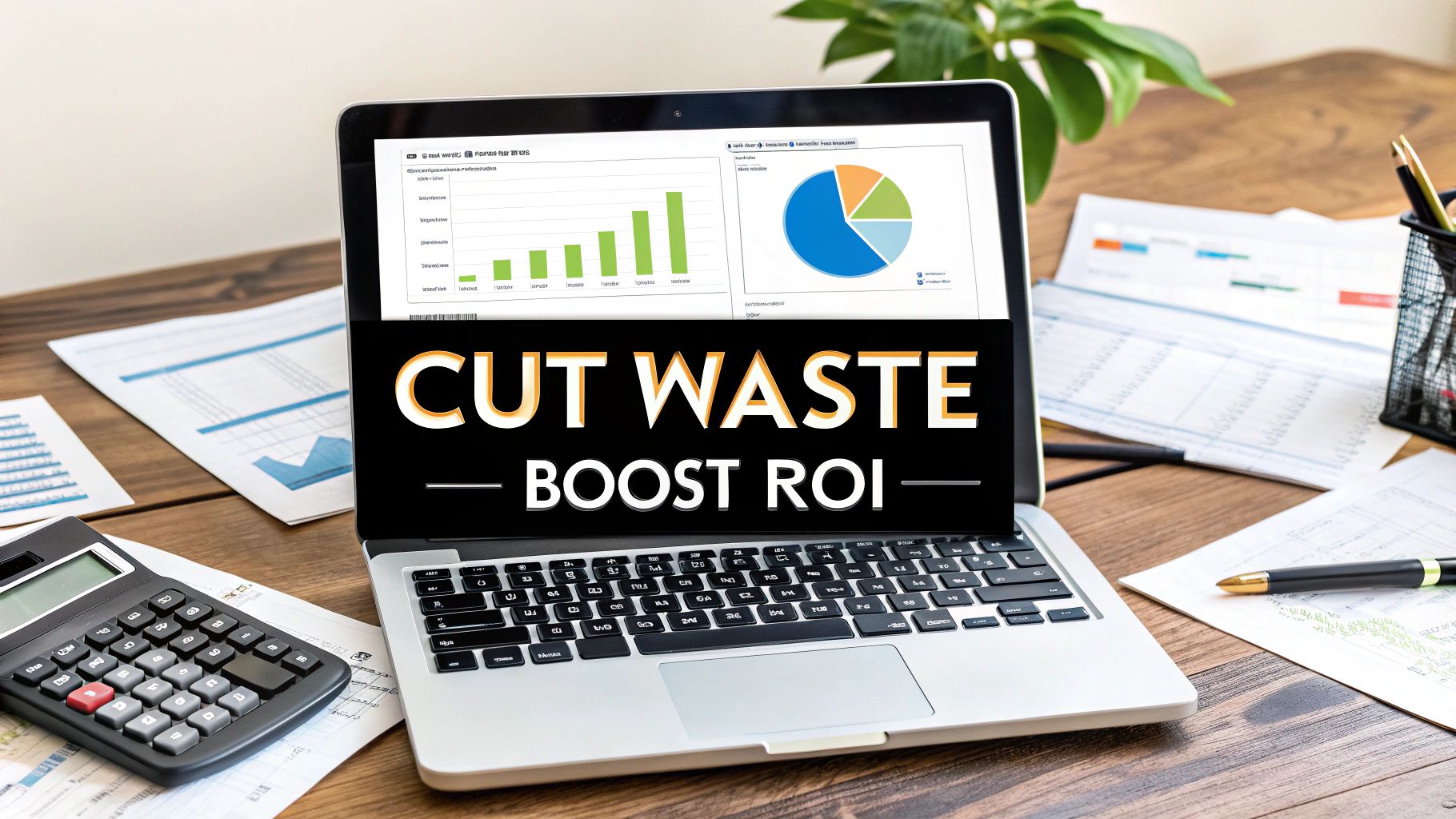
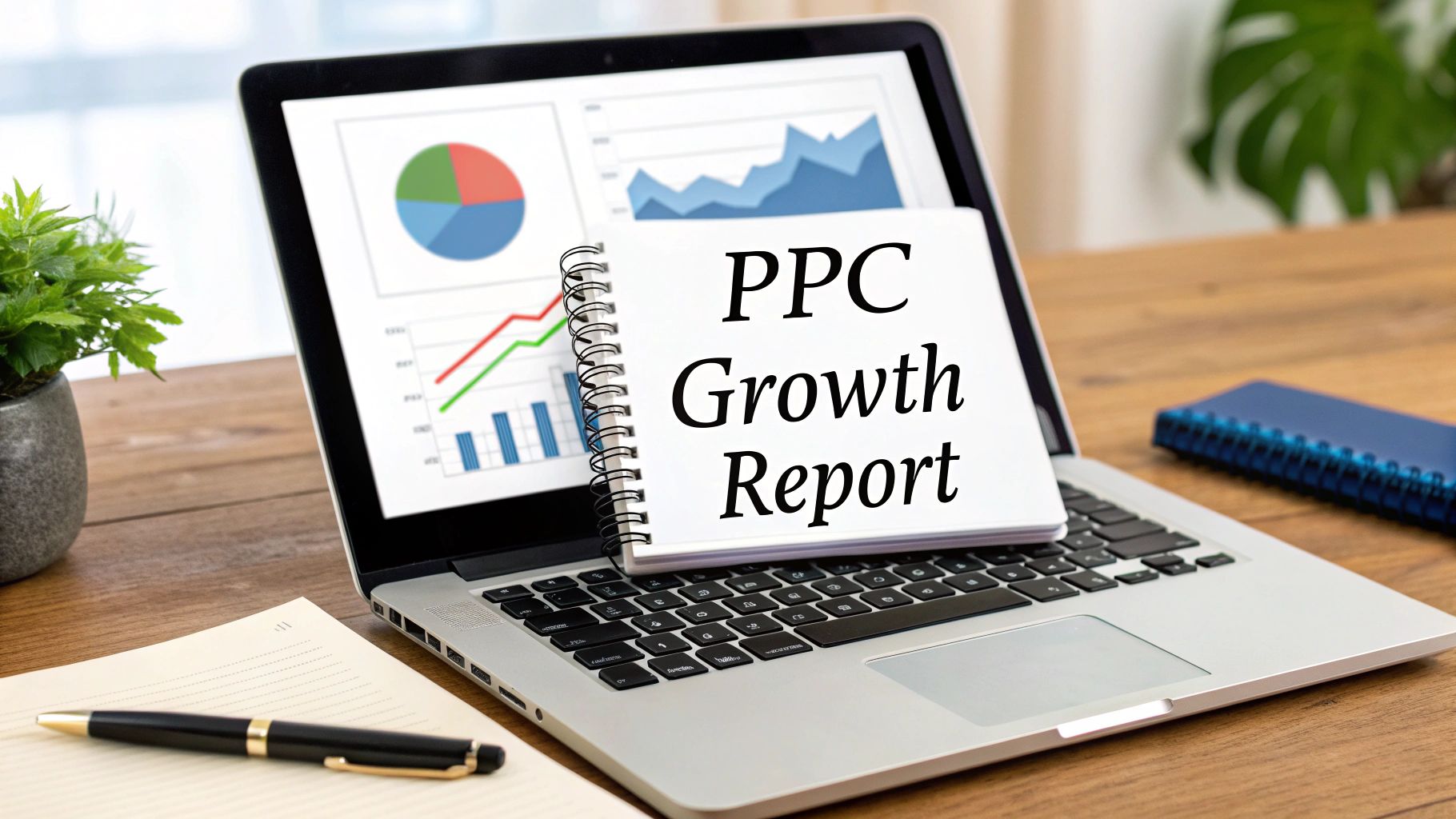
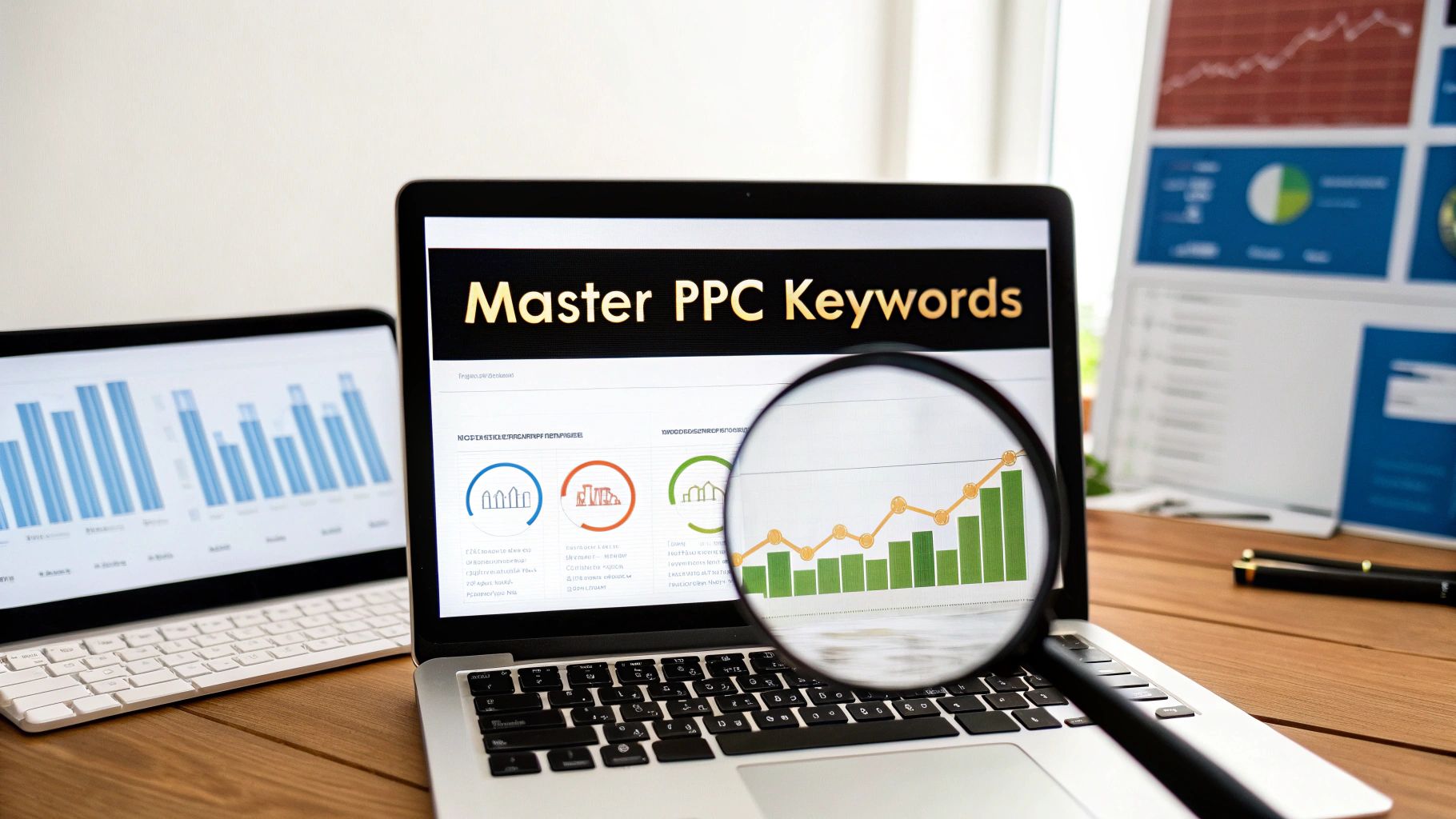
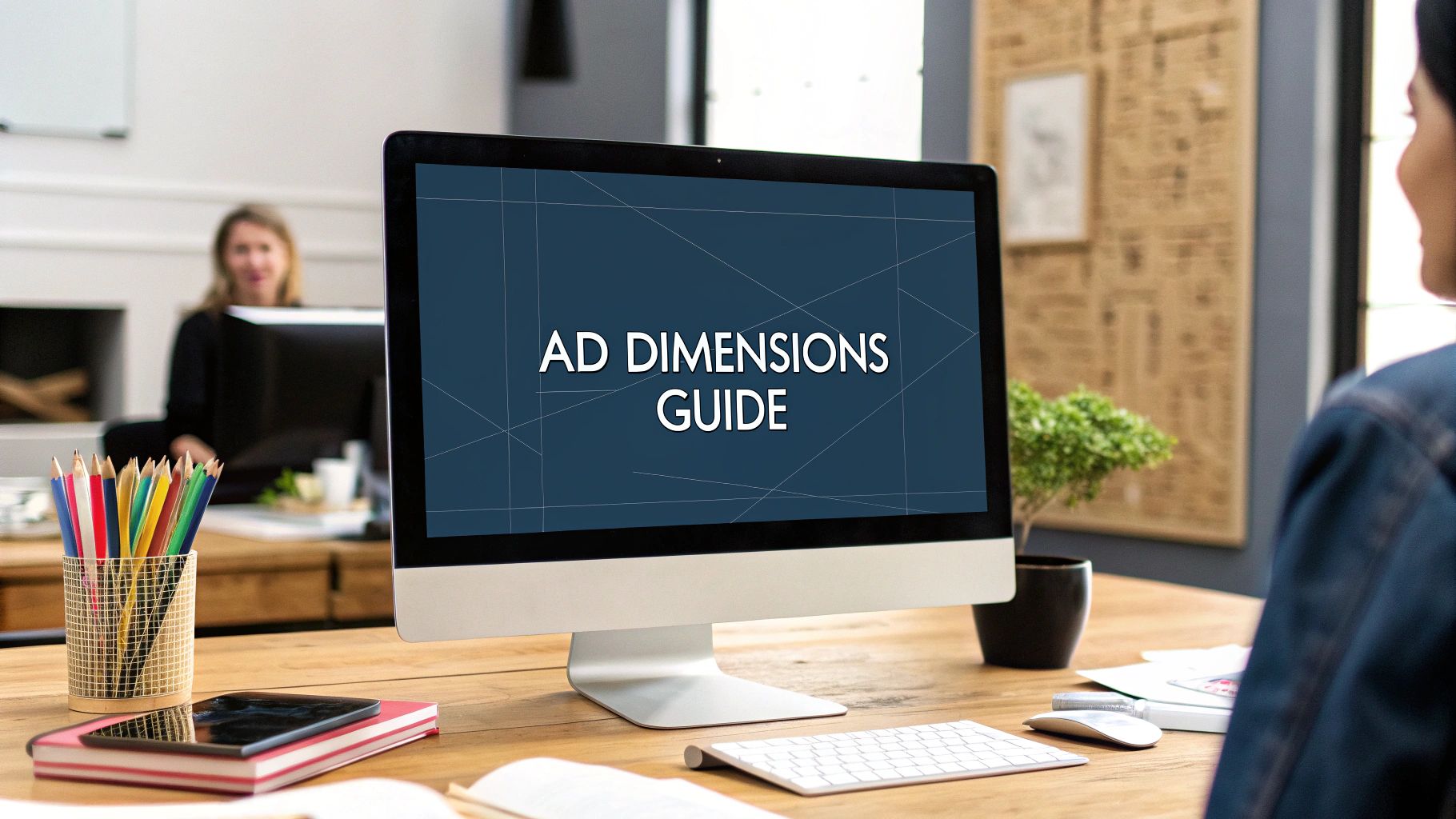
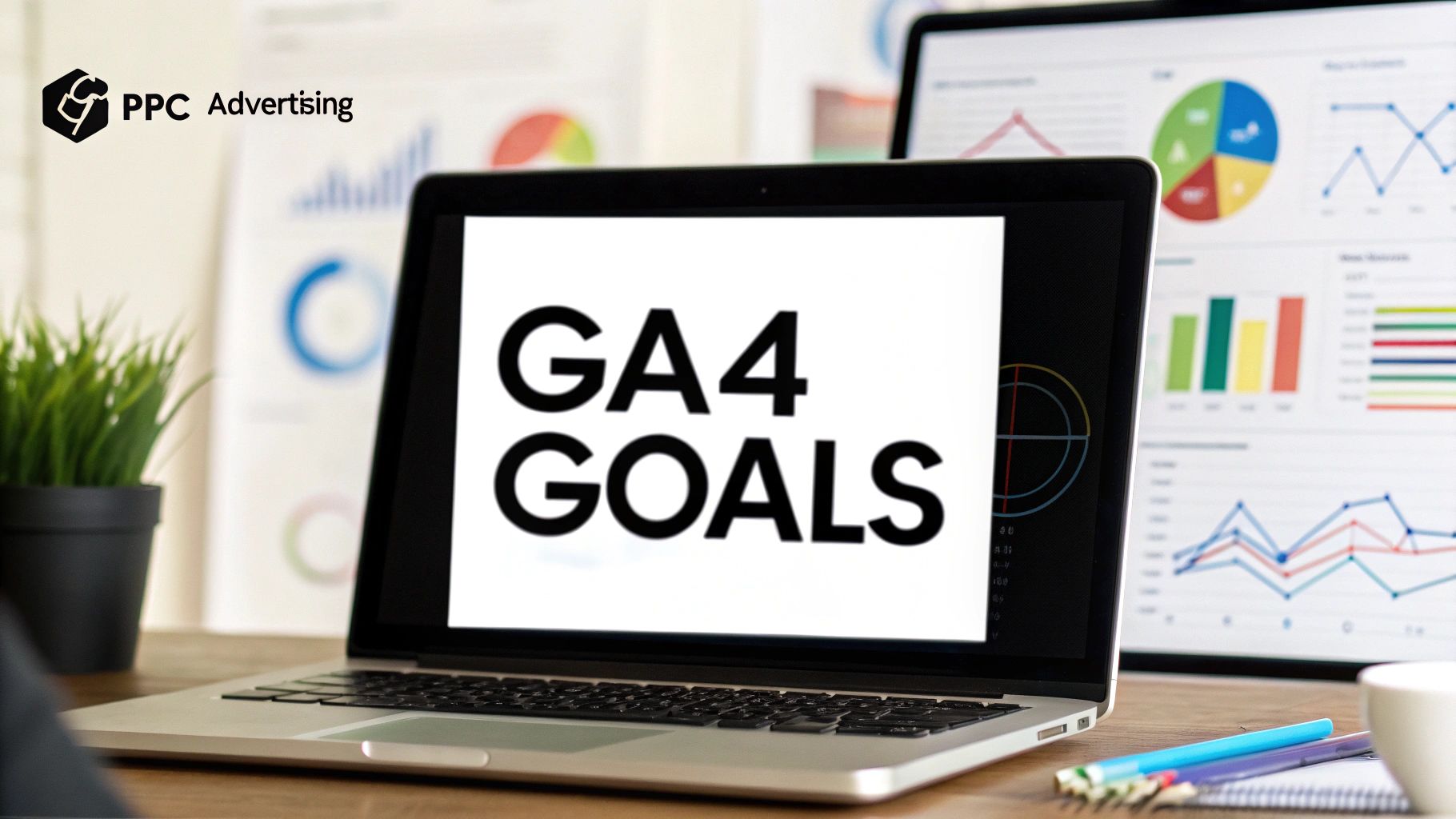
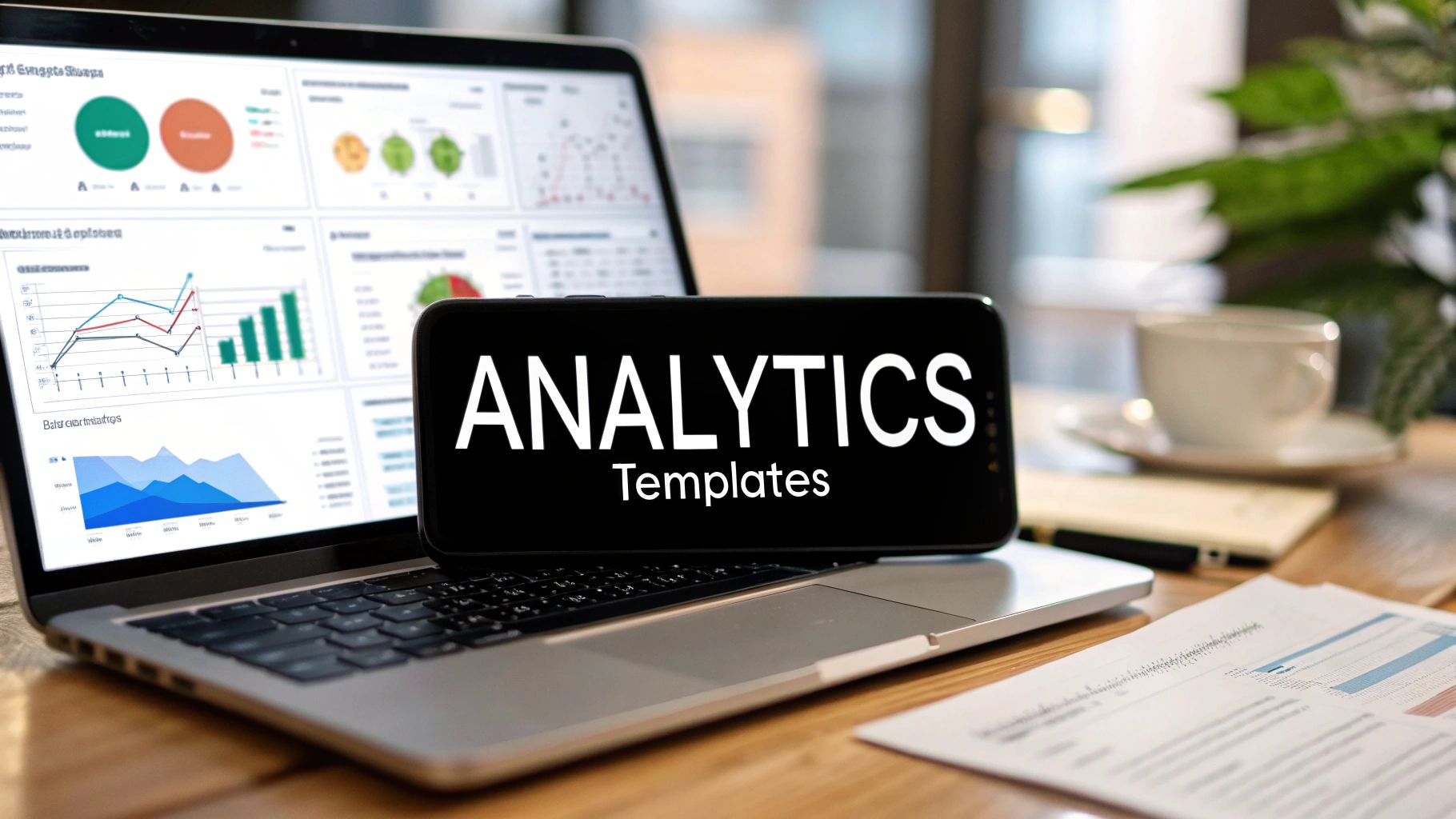
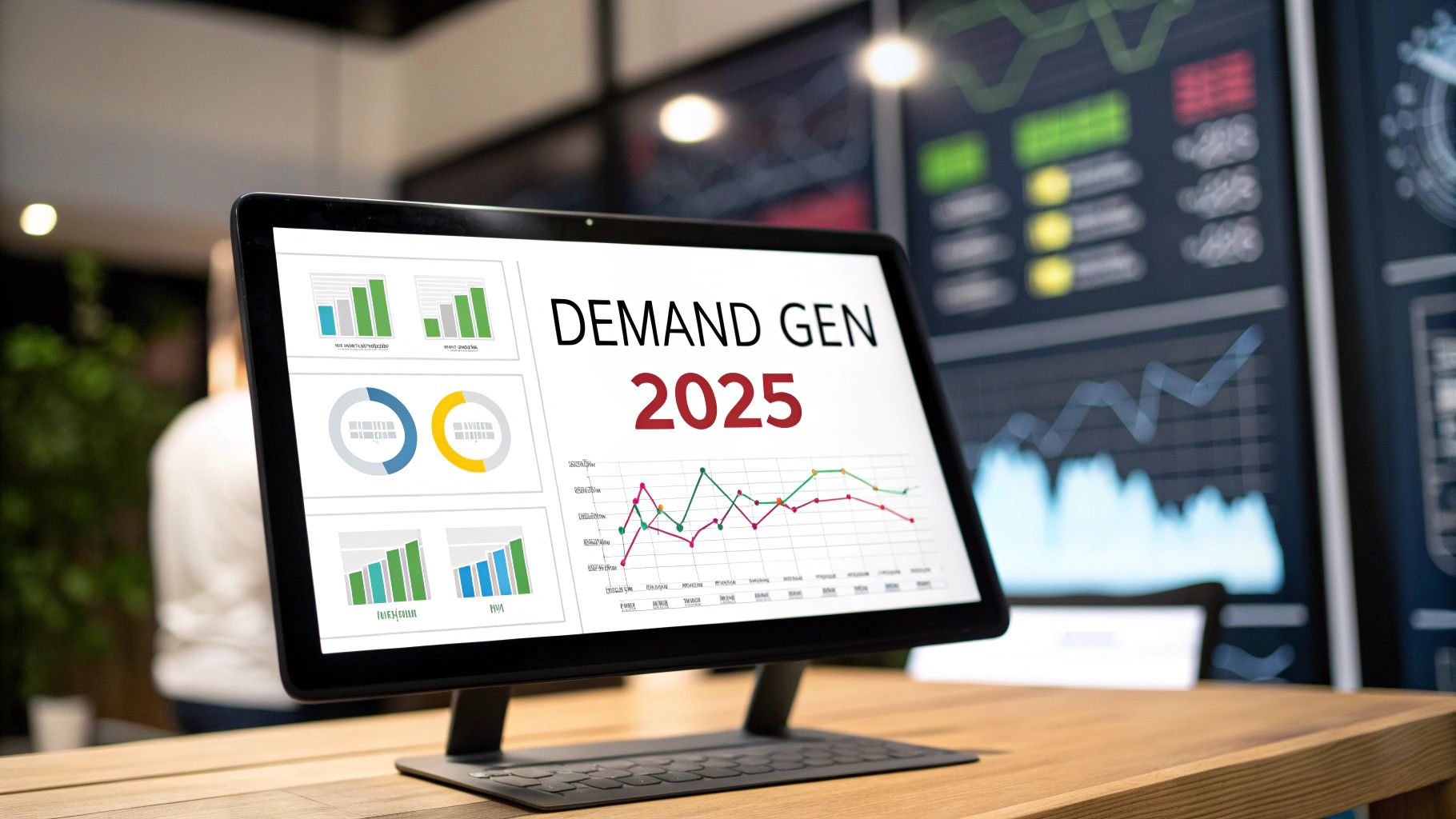
Comments